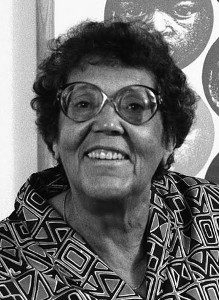A Quote by Alain de Botton
The greatest works of art speak to us without knowing us.
Related Quotes
There’s a real question as to what beauty is and why it’s important to us. Many pseudo-philosophers try to answer these questions and tell us they’re not really answerable. I draw on art and literature, and music in particular, because music is a wonderful example of something that’s in this world but not of this world. Great works of music speak to us from another realm even though they speak to us in ordinary physical sounds.
One of the greatest benefits of our salvation has to be that of hearing God speak to us personally. There can be no intimate relationship with our heavenly Father without it. But, as easy as it is for us to speak to Him, the average Christian has a hard time hearing His voice. This is not the way the Lord intended it to be.
Many of the greatest works of philosophy seem to me to be valuable not because of their arguments, but because they offer us perspectives that open up new possibilities. They show us how we might start in different places, and not buy into the assumptions tacitly made on the first pages of the philosophical works that have influenced us.
works of art feel towards human beings exactly as we do towards ghosts. The transparency of spectres, the diffuseness in space which lets them drift through doors and walls, and their smell of death, disgust us not more than we disgust works of art by our meaninglessness, our diffuseness in time which lets us drift through three score years and ten without a quarter as much significance as a picture establishes instantaneously.
I'm not a culture snob. So while, of course, I think the Mozart 'Requiem' or, say, Beethoven's 'Ninth' are some of the greatest works of art in the history of humankind, that's not to say the Beatles or Queen or Simon and Garfunkel aren't brilliant, beautiful, important works of art that should be sung without a sense of irony.
Do not let us speak of darker days, let us speak rather of sterner days. These are not dark days: these are great days-the greatest days our country has ever lived; and we must all thank God that we have been allowed, each of us according to our stations, to play a part in making these days memorable in the history of our race.
What is it about a work of art, even when it is bought and sold in the market, that makes us distinguish it from . . . pure commodities? A work of art is a gift, not a commodity. . . works of art exist simultaneously in two “economies”, a market economy and a gift economy. Only one of these is essential, however: a work of art can survive without the market, but where there is no gift, there is no art.





































